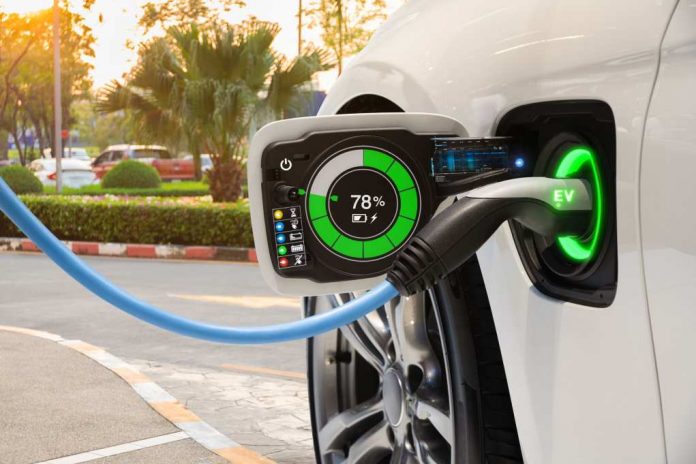
Electric cars are rapidly transforming the automotive industry. As more people adopt electric vehicles (EVs), it signals a shift towards more sustainable and innovative transportation. However, this change brings both benefits and challenges. Understanding these pros and cons is vital for anyone considering an electric car.
The Shift Towards Electric Vehicles
In response to environmental concerns and technological advancements, many car manufacturers are increasingly focusing on electric vehicles as a cleaner alternative to traditional gasoline cars. These electric cars offer benefits like lower emissions and advanced technology. For more details or advice on choosing the right vehicle, contacting car manufacturers or dealers specializing in electric vehicles is recommended. However, potential owners need to consider several factors before making a purchase.
Pros of Electric Cars
- Environmental Benefits: The most notable advantage of electric cars is their positive impact on the environment. EVs produce zero emissions, reducing air pollution significantly compared to traditional vehicles. This is a crucial factor for those who are environmentally conscious.
- Reduced Operating Costs: Electric cars are usually cheaper to operate. They require less maintenance than gasoline vehicles since they have fewer moving parts and don’t need oil changes. Additionally, the cost for charging an EV is usually lower than the cost of gas.
- Tax Incentives and Rebates: Many governments offer tax incentives, rebates, and grants to encourage the purchase of electric vehicles. This can make them more affordable for buyers who may struggle with higher upfront costs.
- Quiet and Smooth Operation: Electric cars are known for their quiet operation and smooth acceleration. This can make for a more enjoyable and comfortable driving experience.
Cons of Electric Cars
- Upfront Costs: One drawback is the initial cost. Electric cars can be more expensive to purchase than traditional cars. This can be a significant barrier for subprime buyers who may already be facing financial challenges.
- Limited Range and Charging Infrastructure: Electric cars typically have a limited range compared to gasoline vehicles. This can be a concern for those who travel long distances regularly. Additionally, charging infrastructure is still developing, and finding charging stations can be a challenge in certain areas.
- Longer Refueling Time: Charging an electric car takes significantly longer than refueling a gasoline car. This can be inconvenient for those who need to quickly refuel and go, especially if there are few fast-charging stations available.
- Battery Replacement Costs and Concerns: The battery in an electric car doesn’t last forever and can be expensive to replace. This is a cost that needs to be factored into the long-term ownership of an EV.
- Limited Choices in the Market: For now, the variety of electric cars available is limited compared to gasoline vehicles. This means fewer options in terms of style, size, and brand, which could be a limitation for some buyers.
Hybrid Cars in the Shift to Electric
As more people start using electric vehicles, hybrid cars are becoming an important part of this change. Hybrids use both a gas engine and an electric motor. They are a good choice for people who are getting used to electric cars or for those who can’t use a full EV yet.
Benefits of Hybrid Cars
- Less Pollution: Hybrids create less pollution than regular gas cars, but not as little as full EVs.
- No Worry About Distance: Hybrids can go further than electric cars because they use gas when the battery runs low. This is great for long trips.
- Cheaper to Buy: Hybrids usually cost less than full electric cars, making them easier to buy for more people.
- Easy to Use: They work like gas cars but also use electric power.
Things to Think About with Hybrid Cars
- Saves Gas: Hybrids use less gas than normal cars, especially in cities where the electric motor helps a lot.
- Some Maintenance Needed: Hybrids still need some care for their gas parts, but not as much as regular cars.
- Charging Options: Plug-in hybrids can be charged like electric cars, but regular hybrids charge their batteries with the gas engine and when you brake, so you don’t always need a charging station.
Conclusion
Choosing an electric car is a big decision. Though electric cars have lots of benefits, like being cheaper to run and creating less pollution, you have to consider all the drawbacks as well. Such as, how much they cost at the start, where you can charge them, and if they fit into your daily life. Additionally, hybrid vehicles provide a balanced option, offering some benefits of electric cars while helping with concerns about driving range, thanks to their gas engines. They can be a suitable option for those not ready to fully commit to an EV.
The electric car world is always changing with new technology and more places to charge. If you’re thinking about getting one, it’s a good idea to talk to people who know a lot about them, like car dealers who specialize in electric cars. They can help you decide if an electric car or a hybrid vehicle is a good choice for you.




























